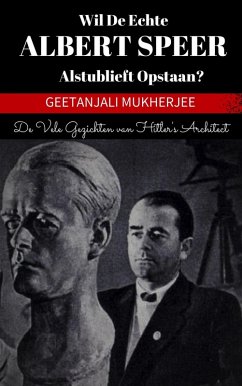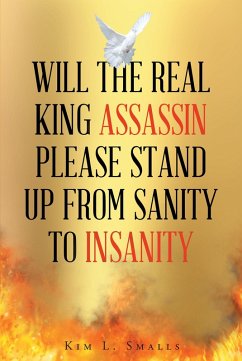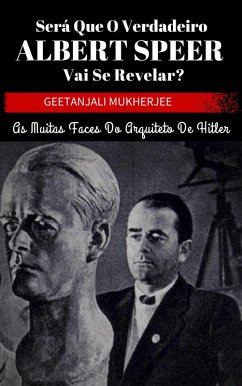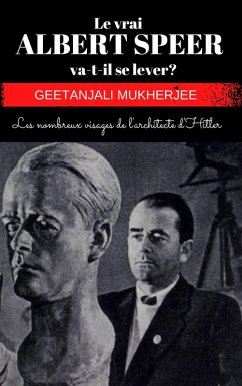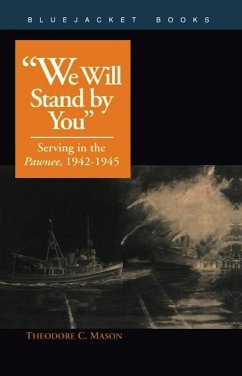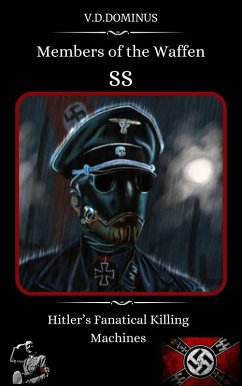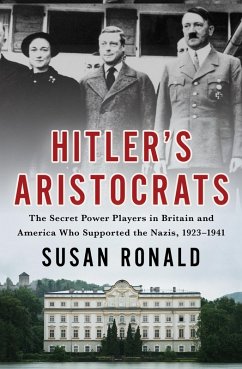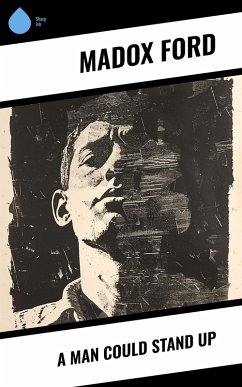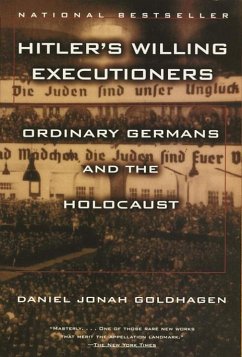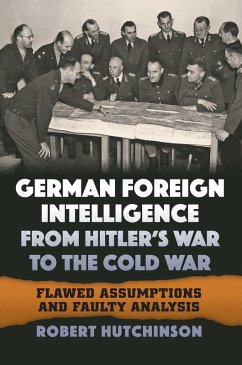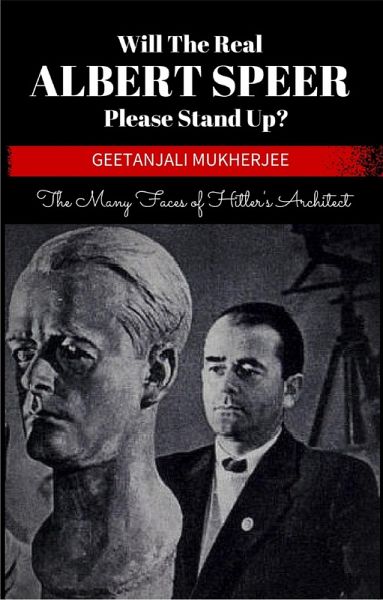
Will The Real Albert Speer Please Stand Up? The Many Faces of Hitler's Architect (eBook, ePUB)
Sofort per Download lieferbar
2,99 €
inkl. MwSt.

PAYBACK Punkte
0 °P sammeln!
Reader review: "A well documented study of Albert Speer, the "good Nazi" who escaped the gallows at the Nuremberg trials...Geetanjali Mukherjee makes a compelling argument... Well written and a great read."He presented many faces to the world, but which one was genuine?Over the years Albert Speer has been given several titles - 'the good Nazi', 'Hitler's architect', 'future Reichchancellor', and even 'the only penitent defendant at Nuremberg'. There is no doubt that there are many faces to Albert Speer: he was a man who had far greater power during the war than any other aside from Hitler, and...
Reader review: "A well documented study of Albert Speer, the "good Nazi" who escaped the gallows at the Nuremberg trials...Geetanjali Mukherjee makes a compelling argument... Well written and a great read."
He presented many faces to the world, but which one was genuine?
Over the years Albert Speer has been given several titles - 'the good Nazi', 'Hitler's architect', 'future Reichchancellor', and even 'the only penitent defendant at Nuremberg'. There is no doubt that there are many faces to Albert Speer: he was a man who had far greater power during the war than any other aside from Hitler, and was widely believed to succeed Hitler; his tremendous powers of organization raised German production to its peak at a time when resources were at an all-time low; and it was expected by all, including himself, that he would receive the death sentence like the other Nazi leaders, instead escaping the noose with only twenty years.
In light of his extended involvement in the Nazi party, both as Hitler's architect and the Minister for Armaments, and his contributions to the illegal war waged by the regime, the question naturally arises: did Speer receive adequate punishment? Did the verdict reflect the perception that Speer was somehow 'less culpable' than the other defendants, or did he mastermind his defence in a way that reduced his sentence? The events leading up to the Nuremberg trial, and the trial itself, provides clues to answering these questions: what can we learn about the personality of Speer from the evidence available, and why does it matter?
He presented many faces to the world, but which one was genuine?
Over the years Albert Speer has been given several titles - 'the good Nazi', 'Hitler's architect', 'future Reichchancellor', and even 'the only penitent defendant at Nuremberg'. There is no doubt that there are many faces to Albert Speer: he was a man who had far greater power during the war than any other aside from Hitler, and was widely believed to succeed Hitler; his tremendous powers of organization raised German production to its peak at a time when resources were at an all-time low; and it was expected by all, including himself, that he would receive the death sentence like the other Nazi leaders, instead escaping the noose with only twenty years.
In light of his extended involvement in the Nazi party, both as Hitler's architect and the Minister for Armaments, and his contributions to the illegal war waged by the regime, the question naturally arises: did Speer receive adequate punishment? Did the verdict reflect the perception that Speer was somehow 'less culpable' than the other defendants, or did he mastermind his defence in a way that reduced his sentence? The events leading up to the Nuremberg trial, and the trial itself, provides clues to answering these questions: what can we learn about the personality of Speer from the evidence available, and why does it matter?
Dieser Download kann aus rechtlichen Gründen nur mit Rechnungsadresse in A, B, CY, CZ, D, DK, EW, E, FIN, F, GR, H, IRL, I, LT, L, LR, M, NL, PL, P, R, S, SLO, SK ausgeliefert werden.




